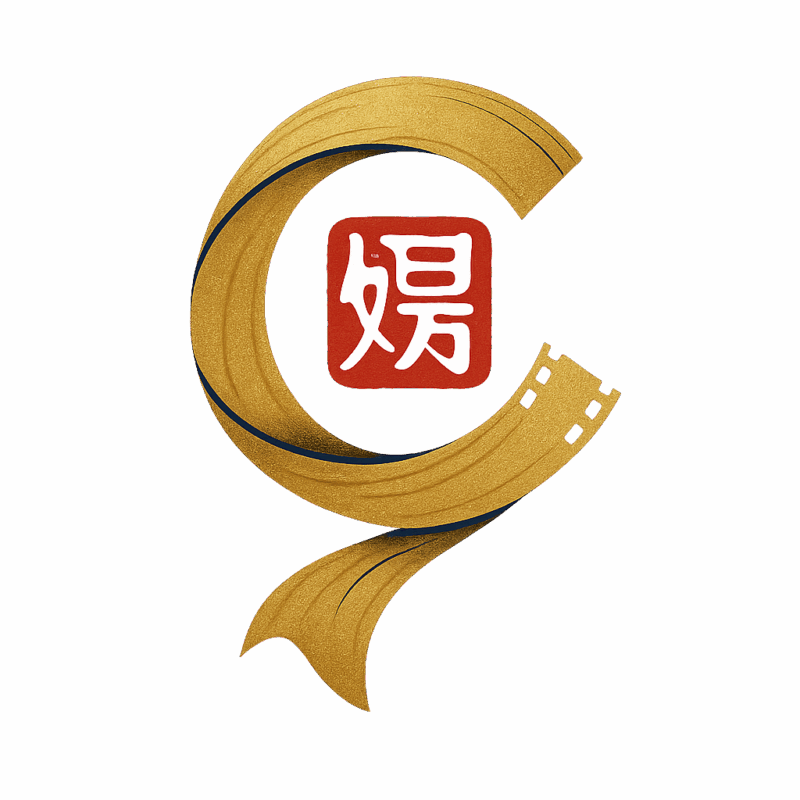Origins: From Shenzhen Dance Halls to National Stardom
The story of Phoenix Legend (凤凰传奇) begins not in a recording studio, but in the neon-lit dance clubs of Shenzhen in 1997. YangWei linghua (杨魏玲花), a Mongolian herder’s daughter from Inner Mongolia, and Zeng Yi (曾毅), a Hunan native working electronics factory jobs, formed “Cool Fire” (酷火) as a cover band. Their early repertoire blended Cantopop, electronic dance music, and Mongolian folk melodies—a fusion that foreshadowed their genre-defying signature sound. The duo’s persistence through six years of underground performances forged an unbreakable artistic synergy, with Yang’s soaring grassland-trained vocals contrasting Zeng’s rhythmic rap-like interjections. This yin-yang vocal dynamic would later become their trademark, challenging Mandopop’s solo-artist dominance.
Breakthrough: The “Moon Above” Phenomenon and Cultural Reset
2003–2007: Redefining Mainstream Acceptance
Their 2003 single “Moon Above” (月亮之上) ignited a seismic shift in Chinese music. Combining horsehead fiddle motifs with Eurodance beats and Zeng’s spoken-word verses, the track achieved unprecedented viral penetration before social media existed. By 2007, it amassed 79 million+ ringtone downloads—a record illustrating China’s mobile-first music consumption (Source: Douyin). Critics initially dismissed their “square dance music” (广场舞音乐), but the duo’s victory as runners-up on CCTV’s Super Girl-precursor show The Avenue of Stars (星光大道) in 2005 validated their mass appeal. Their 2007 album Lucky (吉祥如意) solidified this with “Free Flying” (自由飞翔), a track celebrating wanderlust that became an unofficial anthem for migrant workers.
Artistic Evolution: Beyond the “Square Dance” Label
Genre Synthesis and Experimental Shifts
Contrary to stereotypes, Phoenix Legend systematically expanded their sonic palette:
- Ethno-Electronic Fusion: From the Grasslands (2010) incorporated Mongolian long-song techniques and throat singing on “The Vast Grassland” (天蓝蓝)
- Cinematic Storytelling: 2019’s “Rivers and Mountains Illustrated” (山河图) blended orchestral arrangements with lyrical odes to Chinese geography
- Rock Hybridity: 2023 performances infused distorted guitars into classics like “Luxurious Lady” (奢香夫人) for stadium impact
This experimentation reflected deliberate artistic maturity, transforming them from hitmakers to cultural archivists preserving folk traditions through modern mediums.
The Phoenix Strategy: Business Acumen Behind the Music
Independent Control in a Label-Dominated Industry
Unlike most Mandopop acts tied to conglomerates like Tencent Music, Phoenix Legend maintained unprecedented creative autonomy through:
- Self-Funded Production: Bypassing label interference by financing albums through touring revenue
- Strategic Partnerships: Limited collaborations with CCTV and provincial tourism boards for cultural projects
- Tiered Touring Model: From county-level “cultural benefit performances” (文化惠民演出) subsidized by local governments to premium-priced arena shows.
Their operational independence enabled politically sensitive moves, like performing Uyghur folk melodies during Xinjiang tensions.
Cultural Resonance: Bridging Generations and Geographies
Phoenix Legend’s impact transcends music:
- Rural-Urban Unity: Their lyrics romanticize rural life (“Fragrant Wife” depicts Guizhou’s Yi ethnicity) while embracing urban electronica
- Age-Demographic Conquest: Dominating both youth-driven streaming charts and senior-centric square dance playlists
- Geopolitical Soft Power: Performances in ASEAN nations position them as cultural diplomats bridging ethnic Chinese communities
- Military Endorsement: Their 2008 induction into the PLA Rocket Force Art Troupe legitimized them as national artists
Their 2021 Henan TV gala performance of “A Celestial Ode” (神州谣) fused holographic technology with Han Dynasty aesthetics, viewed 400 million times—proof of their cross-generational hold.
Digital Rebirth: Viral Domination in the Short-Video Era
The 2020s saw Phoenix Legend conquer platforms they never designed content for:
- Douyin Remix Culture: “Luxurious Lady” spawned 2.3 million+ user-generated videos, with fishermen and miners choreographing drills to its beat
- Meme Transcendence: Zeng’s minimalist “yo yo” ad-libs became ironic youth slang
- Algorithm Adaptation: Re-recording classics in 15-second versions optimized for platform algorithms
This organic virality contrasts starkly with label-engineered K-pop campaigns, proving their authentic connection with China’s digital natives.
Enduring Legacy: Architects of Modern Chinese Sound
Phoenix Legend’s 25-year trajectory embodies China’s cultural transformation:
- Democratization of Taste: Their success challenged elite music criticism, validating grassroots preferences
- Hybrid Identity Model: Maintaining ethnic distinctiveness (Yang’s Mongolian roots) while embodying Han-centric patriotism
- Post-Socialist Archetypes: Songs like “Happy Paradise” (快乐天堂) soundtracked China’s consumerist boom without abandoning collectivist themes
As they headline 2025’s Belt and Road Initiative galas, their journey mirrors China’s own—from imitation to self-defined modernity. Their upcoming AI-powered holographic tour signals not an endpoint, but the next evolution of a duo forever recalibrating the pulse of Chinese pop.

